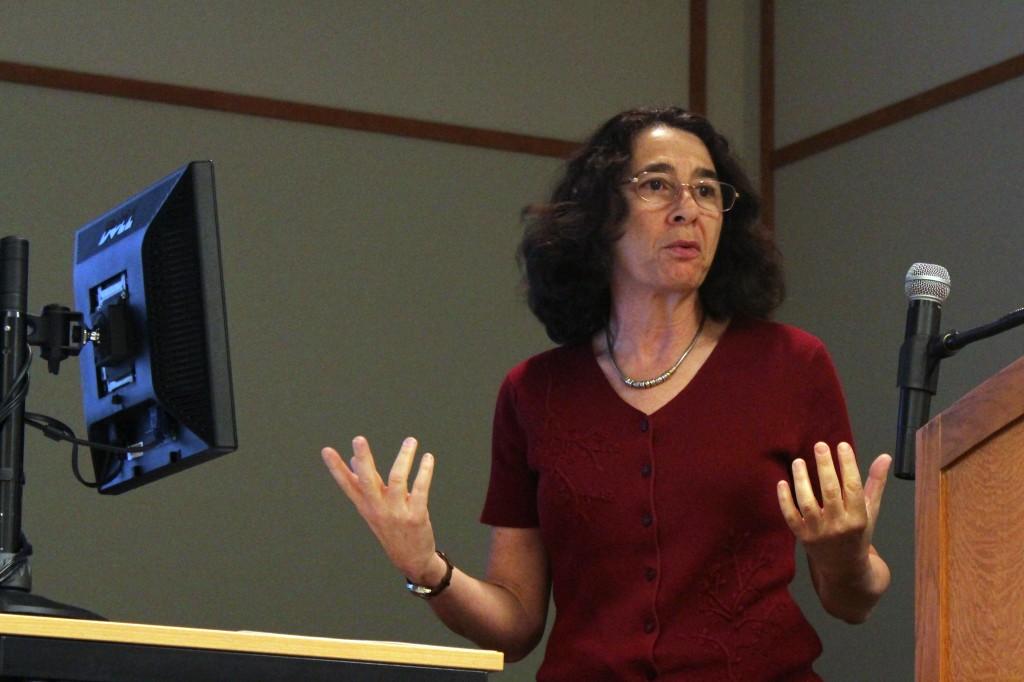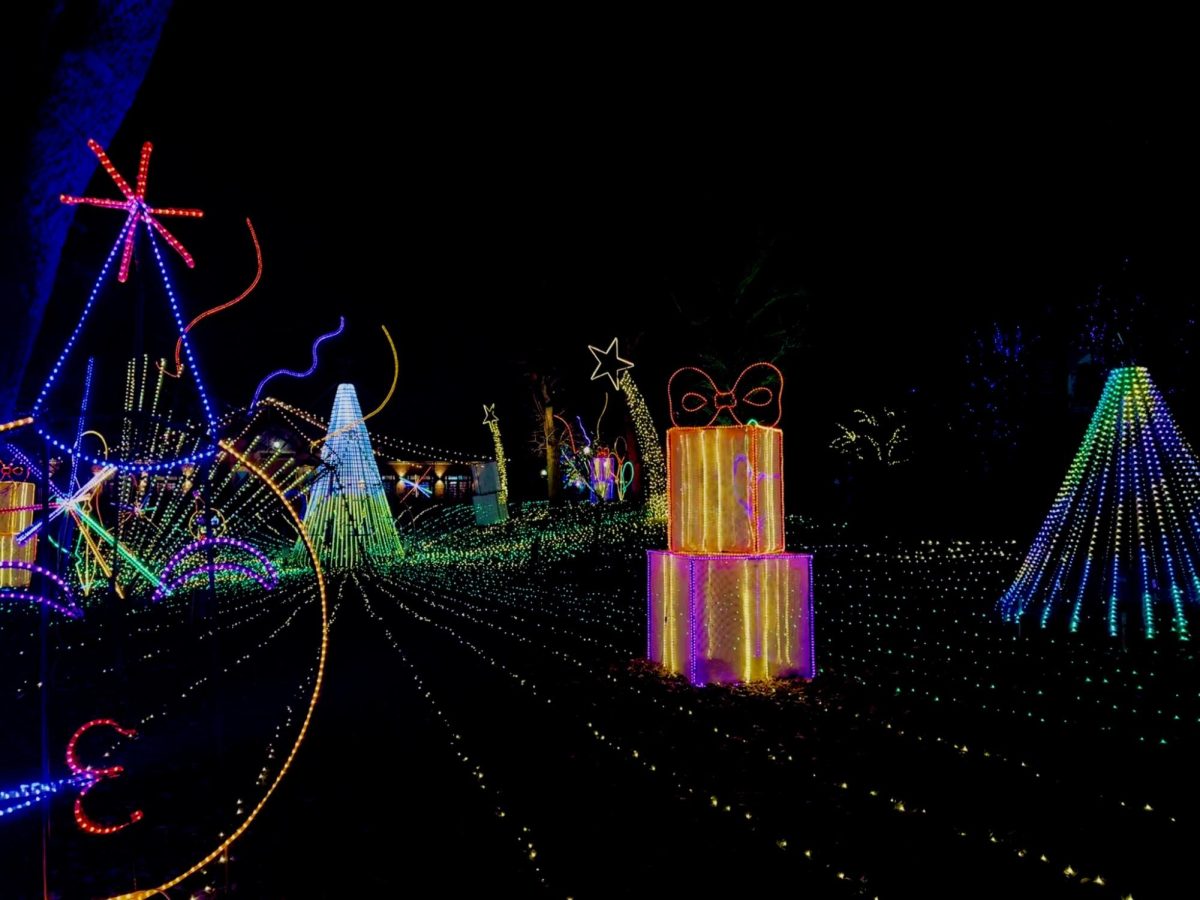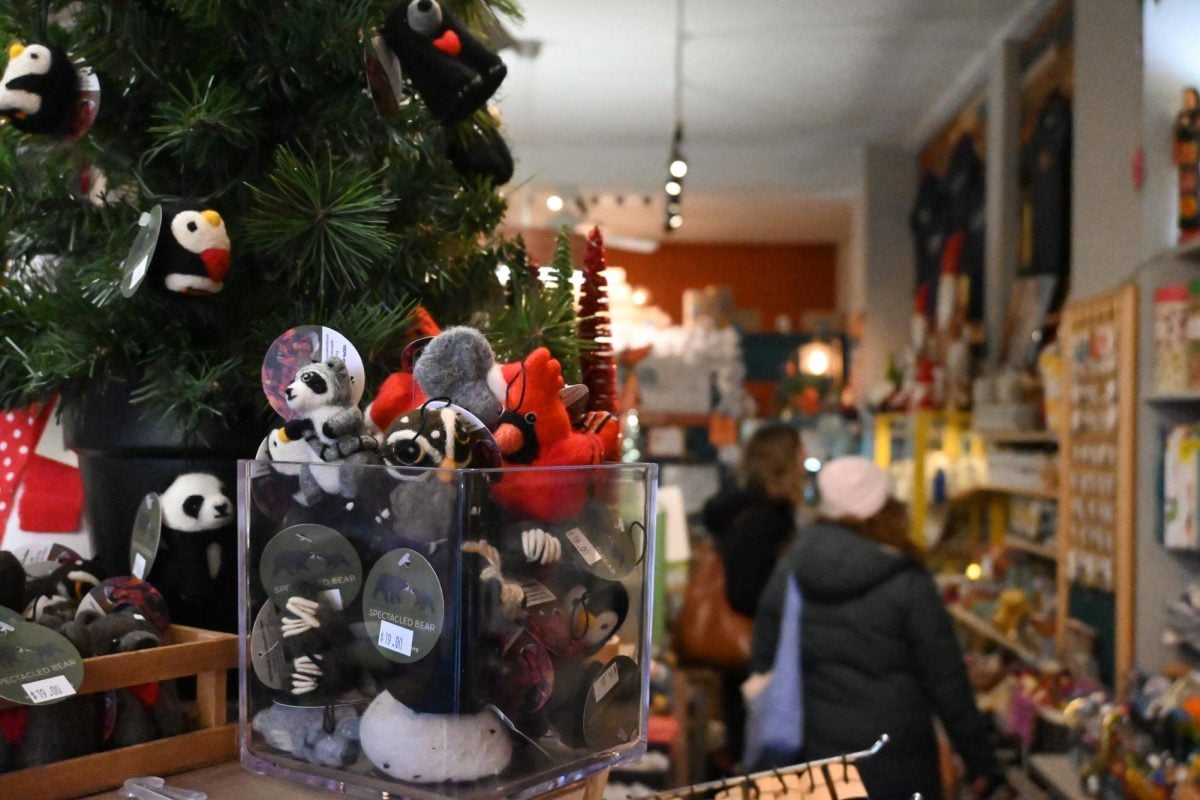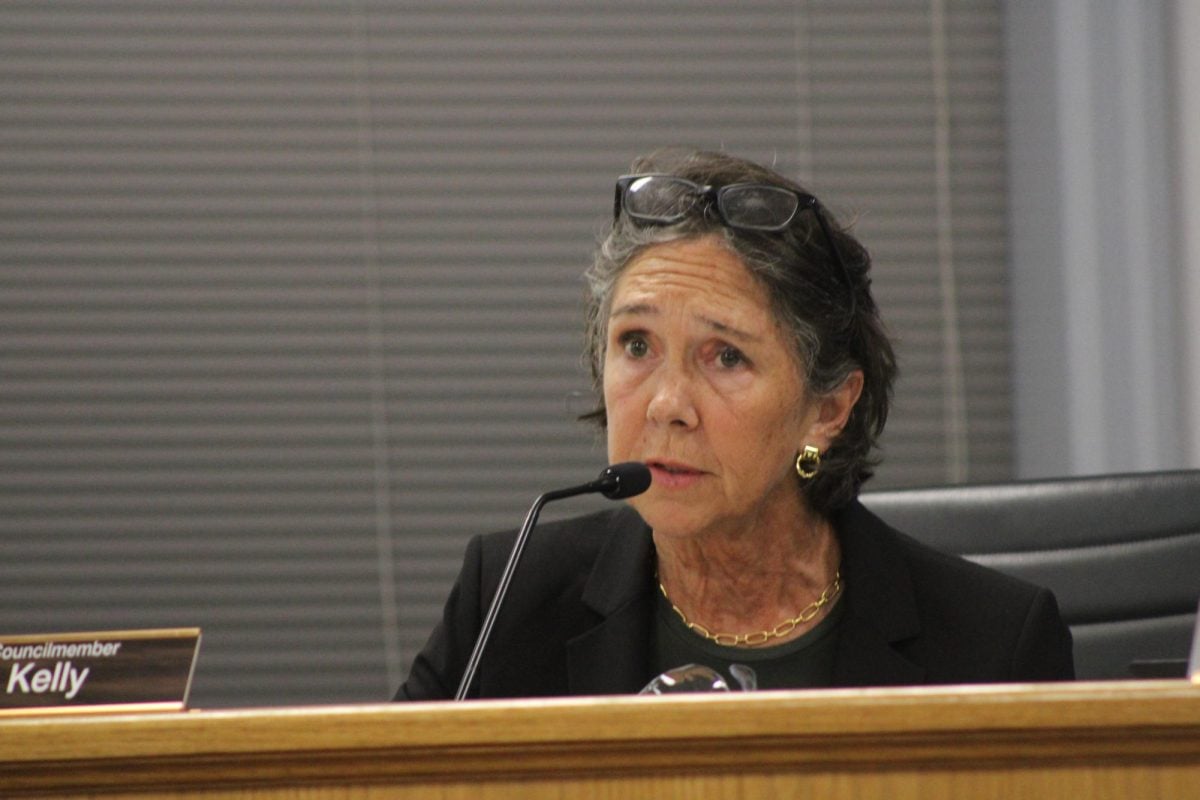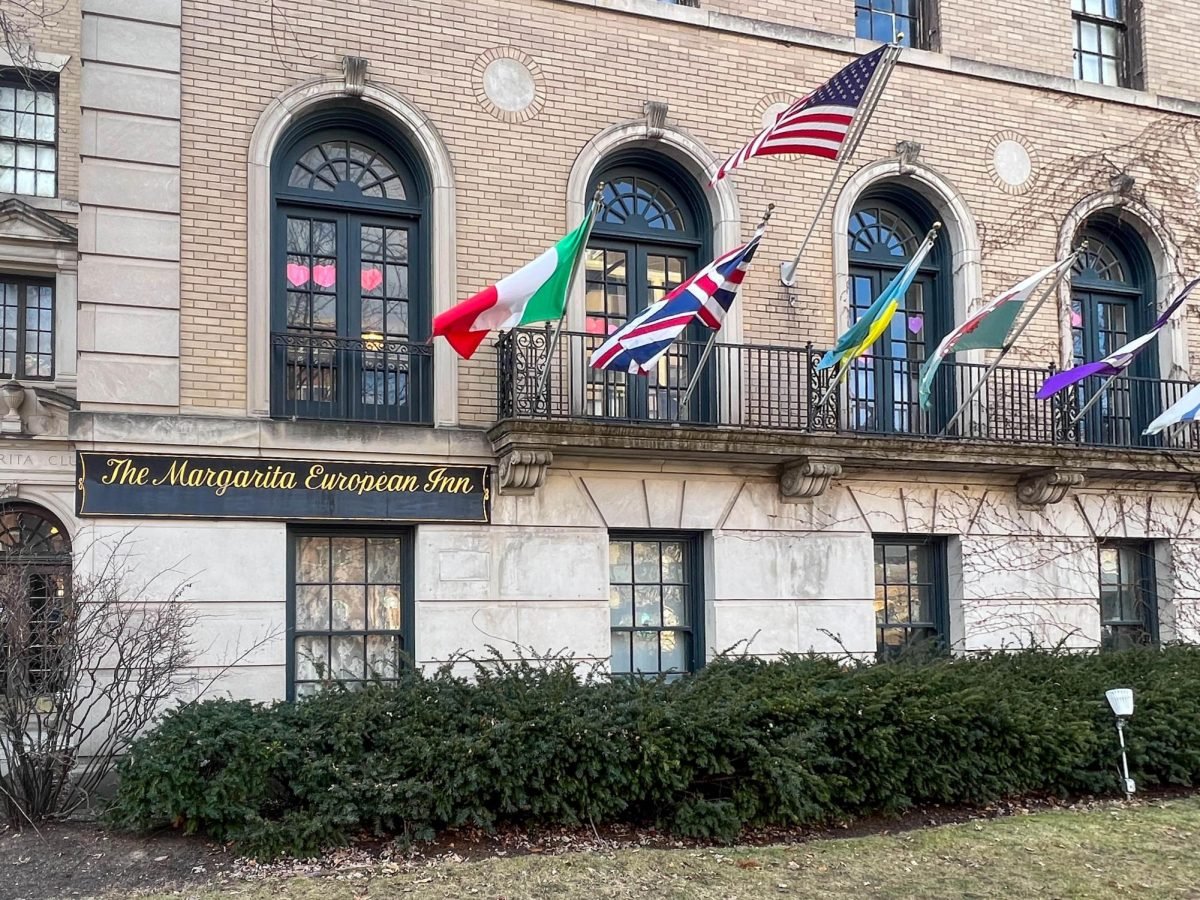A Northwestern history professor spoke to the Evanston community Thursday about the resurgence of World War II memories in Japanese society.
Japanese history Prof. Laura Hein discussed how young adults are rediscovering the significance of wartime experiences through their elders. The talk drew about 10 people to Evanston Public Library, 1703 Orrington Ave.
“Older people typically didn’t talk about things right away, but stories are coming out now mainly because they realize young people are totally clueless about their experiences,” Hein said. “They want young people to understand their sacrifices.”
Young adults in Japan have sparked a growing awareness of the national trauma wrought by the fascist era, Hein said.
“Younger Japanese don’t really approach the war the way their elders do,” Hein said. “Many deliberately accept specific parts of their heritage but reject others that … aren’t as attractive. Although they study a traumatic period, selective behavior is explicitly not a reaction to trauma.”
A renewed interest in the wartime period throughout Japan, China and other countries has resulted in the construction of World War II memorials.
“One international assumption is that the Japanese have not reflected on the war, but this is just untrue,” Hein said. “They don’t like doing it on a national level any more than on a personal level, but that’s a human trait. Some scholars have worked very hard with Koreans, Chinese and others to reconcile differences, but the government is more recalcitrant.”
However, Hein noted the Japanese government has opened its archives to inquiries, saying, “Much of what we know in English is translated from Japanese.”
For Japan’s youth, artists serve as a conduit into the past, Hein said. Throughout the talk, Hein touched on the psychological impact of the war on those who were born after the war. Hein said children born in the 1940s and 1950s don’t remember the war but still experienced it through their parents, which reflects the Freudian theory of “past memories.”
“Coming from Japan, it was intriguing to hear how her analysis was different than my own,” said history graduate student Asako Masubuchi, who attended Thursday night’s event.
“It is impossible to imagine Japanese young people today functioning in the atmosphere of the 1940s,” Hein said. “At the same time, old people still carry their experiences from the war. I have an old friend who said she would know a B-15 bomber if it flew overhead today.”
Art history graduate student Xiao Yang said she enjoyed how Hein framed her lecture.
“It was very educational, especially in regard to people who have already forgotten about the war,” Yang said.
